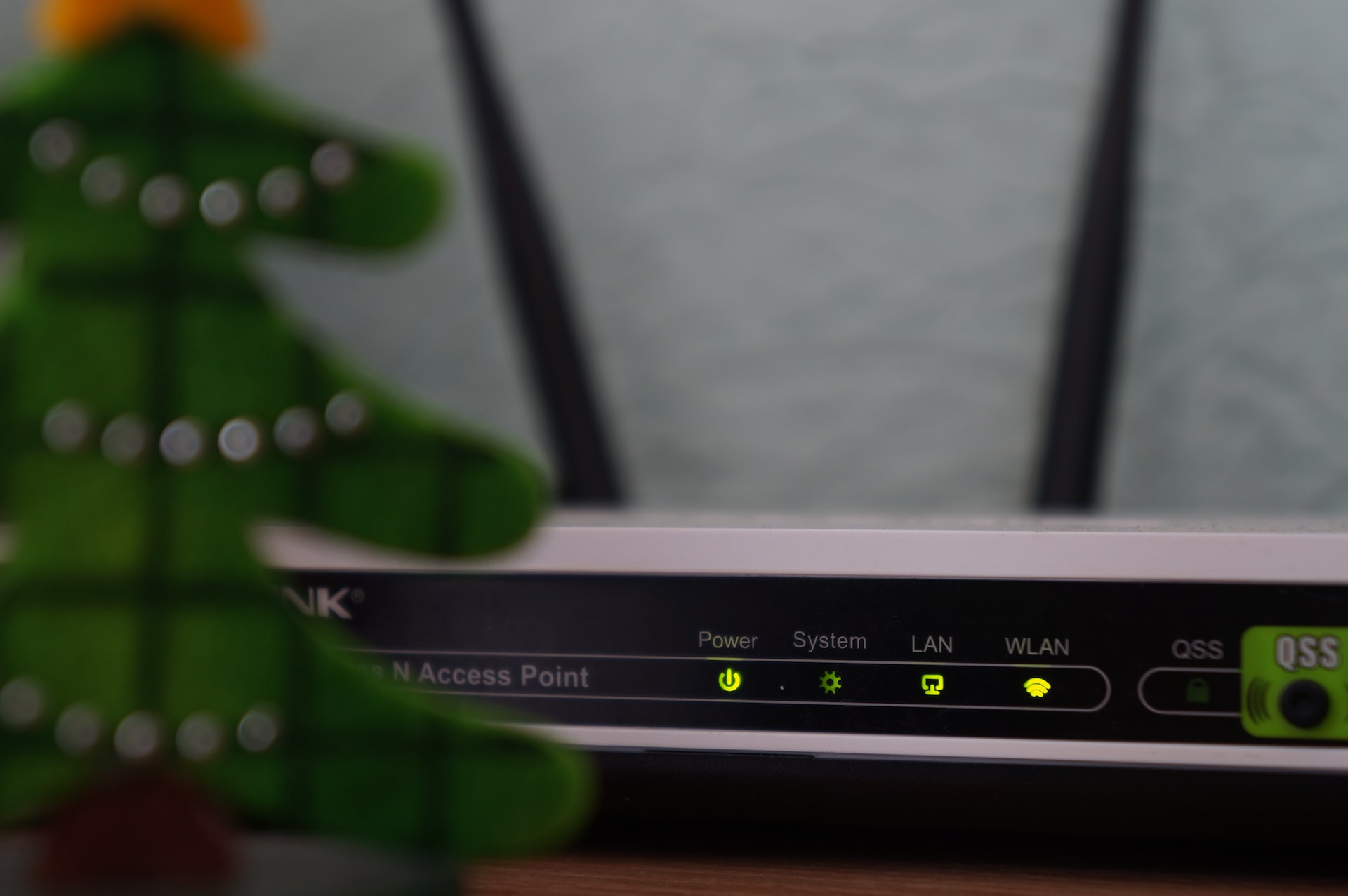Introduction
Fighting fraudsters while running a marketing campaign is a huge hassle. The issue with advertising fraud is that con artists always devise new schemes to swindle your company and escape punishment (apart from the fact that it steals your money).
What are residential proxies?
A residential proxy is a tool that can be used to mask an internet user’s (or an object, such as a bot) IP address. Traffic is routed through an “intermediary server”, which can be any device that can take web traffic and forward it to another device or website, for this to work. Since the activity is being halted and redirected through a separate device, the destination website receives the IP address of that device rather than the real origin device.
This hides the IP address of the actual website visitor from the website and, as a result, from security administrators, hackers, and others.

Residential proxy use cases
Residential proxies can be used in a wide variety of ways, both legally and illegally. Cybersecurity penetration testing to simulate the techniques used by actual cybercriminals, testing ad placements by companies selling ad space to help verify the ads that they place on their website, disguising bot traffic to hide IP addresses so the bots can bypass fundamental anti-fraud filters more easily or get around IP blocking strategies and getting around region-based content restrictions to access video streaming content that might be blocked in their home country.
Are residential proxies legal?
Residential proxies may be used without restriction. Of course, engaging in any nefarious activities through a home proxy is not advised. For instance, residential proxies are frequently used to make it more difficult for websites to restrict web scraping. Using a residential proxy to scrape content from publicly accessible websites is okay but doing so on privately accessible websites is prohibited.

What is the cost?
Nothing is genuinely free, in reality. One illustration is so-called “free” home proxy services. Some residential proxy service providers (not all, but some) will allow customers access to a proxy network through a “free” proxy service app for their home computer, phone, or other devices. When a user downloads the app, the software is installed on their computer or network that gives the proxy service provider remote access so they can send traffic to other users over the user’s network.
Depending on the consumer and proxy service, it may or may not be known to the user that they are hosting another user’s traffic through their network. Others may conceal it on a page of a “Terms of Service” agreement, while some may explain how their home proxy service functions right up front in their sales pitch and advertising.
Although these service providers often charge for the privilege, non-residential proxy services and VPNs may have sizable, official data centers through which they route all of their traffic to anonymize it.
Why residential proxies can be a problem?
The fact that these proxies can be a simple way for scammers to hide and make their erroneous traffic appear authentic for as long as necessary to collect the money and flee contributes to a major portion of the issue. One of the biggest issues with residential proxies is that they may render obsolete established fraud prevention methods like IP blocking (or worse, counter-productive).

One of the main reasons you shouldn’t rely on IP blocking as an anti-fraud strategy is a danger posed by residential proxies. Because all you’re doing is blocking an IP address that might be valid and all of the traffic that would typically come from that source, not catching the fraudster.
Utilizing an anti-ad fraud tool that uses more than just IP addresses to distinguish between fraudulent and legitimate traffic is one of the best alternatives.



Comments (No)